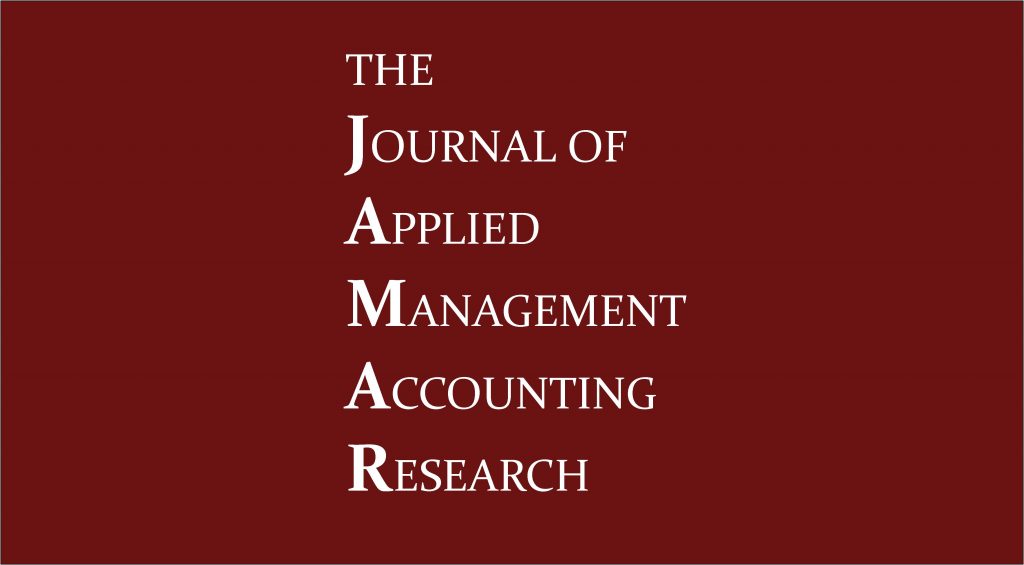By Janek Ratnatunga
The financial statements prepared and audited in today’s economic environment can be traced to the industrial era, or the age of the corporation (about 1850), when tangible assets such as machinery were the engines of growth. In this era, financial accountants endorsed or invented rules based on the historical cost doctrine that yielded values which had no counterparts in commercial reality.
The resulting accounting numbers resulted in a delusion of being ‘True and Fair’; which has been further perpetuated in recent times by: (1) the vagueness of the rules and principles on which the accounting framework is based (2) the drive for global consistency in accounting standard resulting in the loss of relevance in local applicability; and (3) the difficulties of verifiability resulting in intangible assets. This has resulted today in knowledge-economy companies reporting book values widely divergent of prorate-market values.
This paper argues that it is not in the interest of the accounting and auditing profession to perpetuate this delusion of a true and fair view; and challenges the profession to rethink the accounting model.
The Accounting Delusion: Faith and Trust in IFRS Reports



Pingback: Auditors to the Slaughter: Why Audit Opinions are ‘Untrue’ and ‘Unfair’ – CMA Australia On Target
Pingback: JAMAR Winter 2016 – CMA Australia